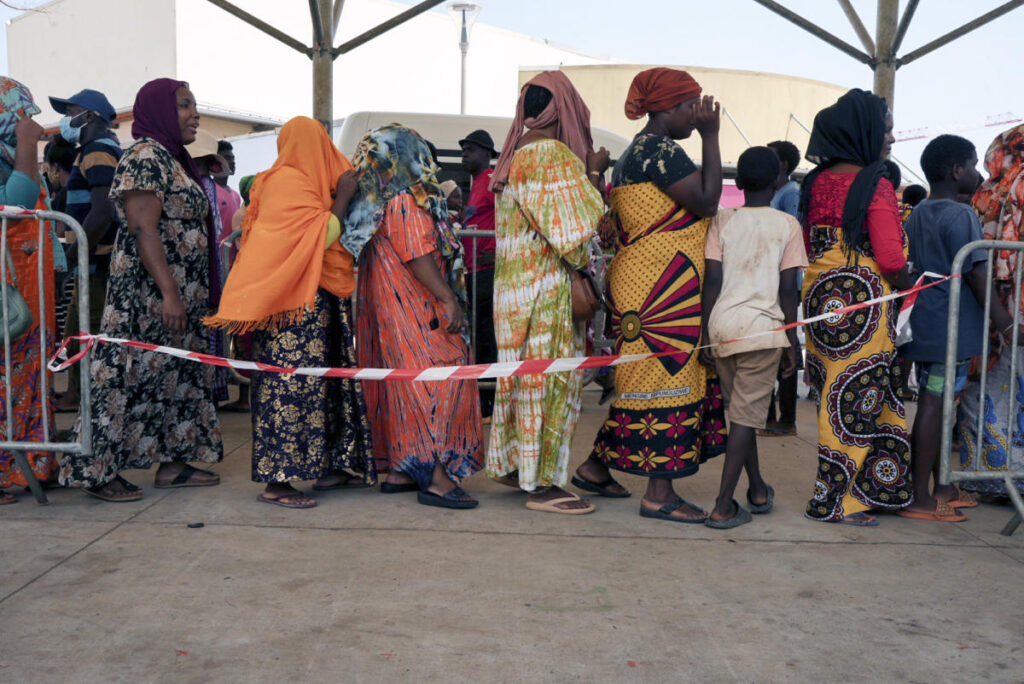Cyclone Chido recently swept through Mayotte, France’s poorest territory located in the Indian Ocean, leading to severe destruction of infrastructure and revealing ongoing tensions between the island’s indigenous residents and its substantial migrant population. Following the cyclone, thousands of migrants, who had entered Mayotte illegally, faced particular hardships as many hesitated to take refuge in emergency shelters due to fears of deportation. This left them vulnerable in the precarious informal settlements they inhabited, which were already marginalized. Meanwhile, local residents expressed frustrations regarding the allocation of limited emergency resources, claiming that the French government prioritized migrants in disaster relief efforts, exacerbating feelings of resentment. Amada Salime, a local resident, articulated these sentiments, highlighting concerns that Mahorais people would be overlooked in favor of the more populous immigrant community.
Mayotte, home to about 320,000 people, also hosts an estimated 100,000 illegal migrants, primarily from the nearby Comoros Islands. These demographic pressures have strained the island’s fragile public services, which were designed for a significantly smaller population. The French statistics agency INSEE reported that approximately 75% of Mayotte’s residents live in poverty, with their median annual income being merely an eighth of that enjoyed by peers in the Paris metropolitan area. French President Emmanuel Macron, during a visit to the island, acknowledged that “the problems of Mayotte cannot be solved without addressing illegal immigration,” calling the rapid population growth a critical concern. He acknowledged the state’s difficulties, saying that despite investments, the pressures of migration had overwhelmed social services.
The destruction caused by Cyclone Chido has exacerbated existing issues in Mayotte, complicating efforts to rebuild homes and public infrastructure. While the official death toll stands at 35, many believe that the actual number of casualties is likely much higher. The informal settlements where many migrants reside have long been criticized, a point Macron addressed by indicating that such issues would be tackled during the later stages of recovery and stabilization. The aftermath of the cyclone has heightened fears among migrants, including Nazca Antoiy, a Comorian residing in Mayotte for a decade, who worries about potential displacement following government efforts to demolish damaged or informal structures.
The ongoing struggles for both residents and migrants to secure basic necessities are compounded by the island’s precarious infrastructure. Fatima, a local mother of five, recounted the dire situation, where access to clean water has remained elusive since the cyclone. This plight underscores the challenges of accommodating an already overstressed population, leading to doubts about the island’s capacity to support future migrants. While many migrants consider Mayotte their home, fleeing their own nation due to desperation, geopolitical factors have rendered the waters surrounding the island perilous for those attempting to escape the Comoros, where sovereignty claims continue to be contested.
The debates surrounding migration in Mayotte have recently intensified. Bruno Retailleau, France’s outgoing Interior Minister, has characterized the migration crisis as akin to a “war,” advocating for harsher measures to prevent further arrivals, including deploying drones and naval patrols. He accused the Comoros government of neglecting its responsibilities in regulating emigration, suggesting that Mayotte needed to adopt a more stringent approach towards its borders. Retailleau has also proposed restrictions on birthright citizenship in Mayotte, a subject of contention that critics argue would further entrench the existing divisions rather than solve the underlying migration issues.
A parliamentary report published in 2023 described Mayotte as “a ticking time bomb” due to the escalating tensions and social challenges exacerbated by demographic pressures. The potential redistribution of migrants to mainland France has been proposed as a solution—yet it remains unlikely to gain broad support, reflecting a lack of consensus on how to effectively manage the complex socio-political landscape of the island. As the recovery efforts from Cyclone Chido continue, the intertwined fates of Mayotte’s residents and migrant populations face significant challenges, with calls for a comprehensive approach to address the root causes of migration and improve conditions for all inhabitants.

